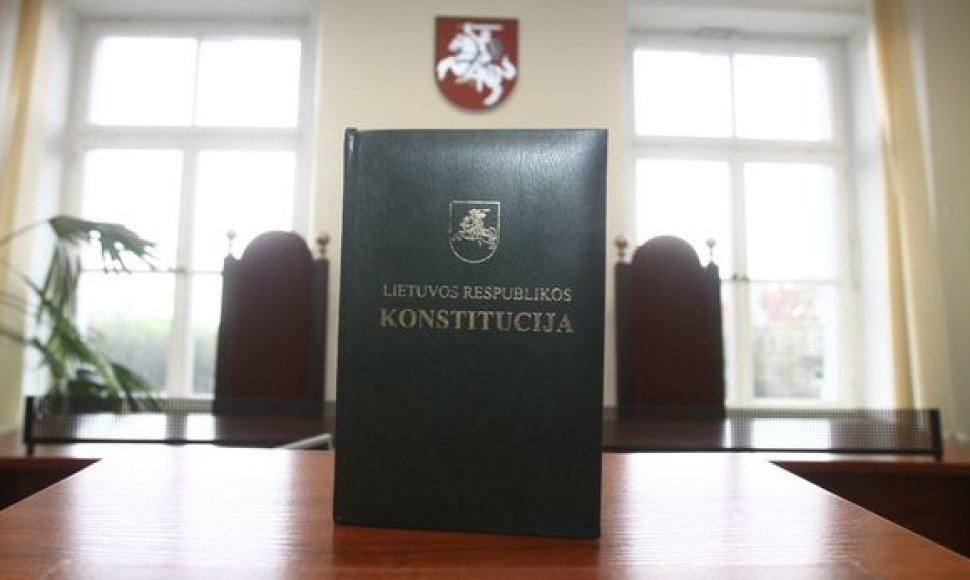"It is not possible for this parliament to pass a Constitutional amendment. This will be a task for the Seimas of next tenure. We will bring together lawyers so that the new parliament can register a Constitutional amendment," Degutienė told journalists on Wednesday.
She spoke in comment of the Constitutional Court's ruling which said that the law allowing Rolandas Paksas enter the upcoming election violated the Constitution.
Asked whether the parliament considered the possibility of amending the main law along with the law on parliamentary elections, Degutienė restated that the changes to the law came in response to an opinion of lawyers that the Constitutional amendments were not necessary.
Meanwhile, the Constitutional court said earlier on Wednesday that the 2011 finding of the European Court of Human Rights should have been followed by amendments to the Constitution, not only the law on parliamentary elections. The parliament exceeded its powers by attempting to overrule the ruling of the Constitutional Court.
The court was looking into the amendment adopted by the parliament in spring, which stipulated that people removed from official posts by way of impeachment cannot run for parliament for four years after impeachment. The earlier version envisaged a life-long ban from the parliament.
The ban was based on an earlier ruling of the Constitutional Court. In 2004, it said that a person who has violated an oath of office can never again hold a position that involves giving an oath.
The Constitutional Court said that the 2004 legal position carried a meaning as a precedent and was binding.
According to the press release, the Strasbourg court's ruling that the life-long ban was disproportional means that the Lithuanian Constitution is inconsistent with the provisions of European Convention for the Protection of Human Rights and Fundamental Freedom and therefore requires changing the Constitution.
"In the light of the legal system of Lithuania being based on the principle of superiority of the Constitution, the only way of eliminating the inconsistency is adopting relevant amendments to the Constitution," the Constitutional Court said in the press release.
Paksas lost his presidential position in April 2004 after impeachment procedures over violation of oath of office and gross violation of the Constitution by granting Lithuanian citizenship to his key sponsor Yuri Borisov.












